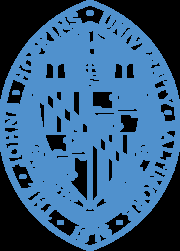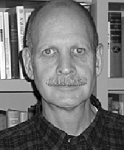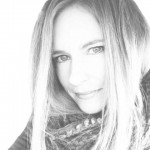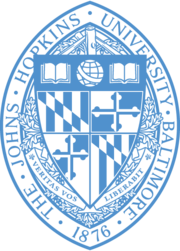Get the full and FREE AWP Survival Guide| How to Have Fun without Making a Complete Idiot of Yourself
√ Water
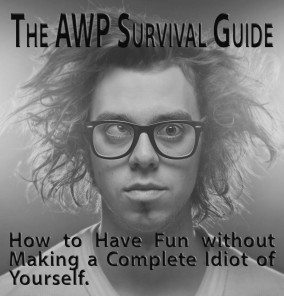 Hydration is very important, especially if you are attending off-site events where drinking and merriment is plentiful. Make sure to take care of yourself and replenish throughout the evening. Your head will thank you in the morning.
Hydration is very important, especially if you are attending off-site events where drinking and merriment is plentiful. Make sure to take care of yourself and replenish throughout the evening. Your head will thank you in the morning.
√ Smart Phone
If you do not have a smart phone yet, and have been considering purchasing one, now is a good time to do it. Smart phones will help you stay in close connection with AWP schedules and friends throughout the conference. Consider adding all contact info for not only friends but authors and editors you would like to meet. Add profile pictures to your contact files for easier recognition. Add latest book, publisher and AWP presentation and reading information. For friends, add personal details like names of kids, pets, etc.
√ Taxi Magic App
Make sure you have this app downloaded to your smart phone and have your information entered. If you are stuck and/or inebriated at 2 AM, this app might very well mean the difference between a long cold walk back to the hotel or a quick warm drive back to the hotel.
√ Local Eats App
Sometimes you’ll want to get out of the AWP crowd and find a less hectic place to relax and have a bite without the commotion and noise.
√ Meetup App (Local Indie Music)
AWP isn’t just about writing, it’s about enjoying the local culture of the city, too. Check out a local band or two.
√ Top Three List
Make a list of the top three things you absolutely must do when at AWP. Everything else is a nice to have but these three things are must haves. You won’t be able to do everything and so making a top three list will ensure that you have your priorities straight and can feel a sense of accomplishment at the end of the conference. Remember: Meeting and having a beer with the Pulitzer winning keynote is not necessarily a realistic goal. This isn’t a bucket list. Make your items realistic.
√ Top Ten List
Add contacts to your smart phone with FB/Twitter links and face shots of your top ten “Meet List.” Identify ten journals, editors and writers who you really want to meet either at a booth or event. These should be realistic goals. You might not get to them all, but at least you’ll have your tier two list of things to do.
√ Water
Did we say hydrate? Hydrate!
√ Wing Man/Woman
AWP is better on the buddy system. Make sure you have identified your buddy, the person you can call or text no matter how early or late it is and you know this person will come find you if you are lost. This person will join you for a cup of coffee or cocktail. This person will help you think through good or not so good choices when you are too tired or inebriated to think for yourself.
√ Quiet Space
A room of your own or with someone you feel very comfortable is key. Having personal space to get away from the crowds is essential to keeping up your energy and enjoying your experience. If you are forced into a small room — i.e., two double beds and eight people, don’t laugh, this happens quite often — then identify a close by restaurant or museum prior to AWP. Use this place to escape and find quiet space. You also might want to have a backup hotel plan in case your accommodations become the crash site for all disavowed and partying AWPers.
If you plan to reserve a room for only yourself but you know that several friends will likely seek sanctuary in your room from their own more chaotic rooms, reserving a single bed with a pull out couch will be helpful. This way, you have the option of saying, “Sorry, I have only one bed,” or “Sure, you can sleep on the couch.”
If you are stuck in a chaotic room with too many people, a graceful way to move to another room or hotel is to explain that you are having back issues as a result of sleeping on the floor or with too many people squashed into a bed. If you do secure other accommodations, it is important that you make good on your portion of the room payment. AWP sleep deprivation can turn any good friendship into a fight for survival and rest and so remember that the way you handle accommodations in the trenches of AWP will resonate after AWP has ended.
√ Moleskine
Moleskines are an Eckleburg favorite. Make sure your Moleskine is big enough to fold fliers in half and store inside the pages. Moleskines come with elastic closures to help keep “stuff” from falling out. If you have a favorite journal, already, consider gluing an envelope in the back for keeping business cards. We have a few favorite Moleskines for AWP:
Evernote Ruled Smart Notebook – Large: The new Evernote Smart Notebook by Moleskine uses Evernote’s Page Camera feature to capture the pages of your notebook with your smartphone or tablet. Evernote Page Camera is available for the current iOS and Android release. Evernote Smart Notebook features unique “Evernote ruled” and “Evernote squared” page styles with dotted lines designed to ensure a clean image when digitally capturing your notebook. Moleskine Smart Stickers introduce Smart Tagging into your workflow. When you capture a page with Evernote, the Smart Sticker icons become searchable, digital tags that make it easy to keep your ideas organized and to keep your digital and analog workspaces synced.
Evernote Ruled Journals with Smart Stickers – Large: Take a photo of any page in this book with the Evernote app and its content instantly becomes digital so that you can save it, search it and share it with the world. Evernote Journals have a flexible, heavy-duty cardboard cover that can be customized and decorated. In Kraft Brown with visible stitching on the spine, 16 detachable sheets and a back pocket for loose notes, it’s a lightweight paper companion for studies, trips and daily writings. A booklet detailing the history of Moleskine is included. Includes 1 month Evernote Premium subscription in the pocket.
√ Pens
Don’t forget your pen/pencil and bring extra for friends who have lost their own.
Using Pens as Promotional Materials: If you are on staff for a journal, you might ask your editor if you can have pens made with the journal name/logo, but this is NOT suggested for your own novels or collections. Handing out pens with your author name or the name of your book would be overzealous and a little bit creepy, unless you could pull it off in some sort of humorous and self-deprecating way. Otherwise, it would likely come off as self-absorbed and this is not the impression you want to give. And remember, make sure your pens work. No one likes to be handed a bum pen, even if it is free.
Using Pens to Promote Your Reading: If you are participating in a reading that includes other authors/poets, you might ask the reading series coordinator if you might have pens made up with reading title, venue, date and time made. If there are not funds for this, ask if it would be okay for you to do it. This would be an excellent way to promote not just yourself but others as well, and it wouldn’t come off as purely self-serving. Again, make sure the pens are good quality.
√ Bag
If you don’t have a comfortable over the shoulder and lightweight bag, you might want to purchase one now. A lightweight attache or messenger bag with long strap will work well. You will be given an AWP bag but it doesn’t zip and you can’t wear it across the shoulder and chest. When running between the floor and off-site events at bars, you’ll be happy to have a lightweight attache style bag with a long comfortable strap and zipper. Cloth bags are often good. Leather bags can be heavy, especially after filling them with books, but whatever works for you. A good bag settled across your shoulder, chest and back will allow you to travel easily and forget about the bag as you have beers with old and new friends. The other option is to find a safe space to store your bag while at an off-site event.
√ Warm Coat and Comfortable Shoes
AWP is usually in a cold weather location. There will likely be snow, rain and/or a good deal of wind. This is not the time to break out the Jimmy Choos. Bring comfortable walking shoes and a warm coat. You’ll be much happier.
√ Roller Bag
Pack a roller bag half-filled with clothing, shoes and toiletries. The other half should be filled with your books to be sold or given away and to be replaced with the books you will pick up at the conference and bring home. Unless you are exhibiting, one roller bag should do it. If you are not taking books with you, then leave half your bag empty.
*Roller bags are best. By the end of AWP, your bag will be filled with books, and it will be heavy. You’ll be exhausted and sleep-deprived. You’ll be happy to be able to roll your bag.
√ Author Cards
Have cards printed with your name, book, AWP reading and contact info. DO NOT print on cheap cards at home. Cheap cards are worse than having no cards. Use a good printer. There are several:
FedEx Office
Staples
Office Max
Vistaprint
Keep your cards handy, but don’t be a schmuk about it. Wait till someone asks you for your information or shows a genuine interest in you and your work. Not everyone will want your business card and pushing it on people you’ve just met will come off as self-absorbed.
If you’ve hit it off with an author or editor, make sure to ask where you can get more information about his or her book or journal. You might inquire in an open-ended way such as, “How can I learn more about your book/journal?” This allows the author and/or editor the opportunity to direct you to their preferred form of communication, website, booth, etc.
At AWP, Gather as much information as you can. The best way to recall the crazy wonder of AWP, after AWP, is to go through the business cards, books and reading fliers you collected along the way. Make sure to record important information on reading fliers and in your Moleskine. For instance, if you hit it off with an author or editor at an event, and they give you specific information not readily available, such as the name of their dog, kids, the fact that they’d really like to come to your city and participate in a reading, make note of it on the event flier. This will be helpful to you later when you are trying to remember the what, where and when of conversations.
√ Patience
If this is your first AWP, patience. This is your first time around. You will meet many people who are veterans. Some of these people really won’t care if you have a new book out or if you need their advice on how to write a novel or market the novel you’ve written. It’s not a matter of being mean. It’s merely timing and resources.
For many authors, AWP is a once a year time when old friends on opposite coasts can finally meet up and say hi, have coffee or a beer. Writing is an isolating craft. AWP makes the isolated less isolated for a few days. If you are looking to meet a writer or editor and want to be impressive then just be human. Say hi. Ask about their newest work and how you can learn more. Don’t be pushy and don’t monopolize the conversation. Talk less about yourself and spend more time listening to the other person.
If after talking, you seem to hit if off in a genuine way, offer to buy him or her a beer or a coffee. If he or she accepts, then let the conversation develop organically, not centered around what the writer or editor can do for you.
If the write or editor is in a hurry, be respectful, friendly and brief. Good first impressions are often short and sweet and you can always follow up later, after AWP, on Facebook with a friend request. Make sure to let the person know that you met at AWP and shook hands. It also helps if you have purchased his or her book and have something nice to say about it.
√ Water
Yes, again. Hydrate.
√ Finally, Take Care of Yourself
Remember, AWP is a hairy beast to be adored and feared. You will be exhausted, but you will come away from the experience with more knowledge, friends, experiences and connections. It might take you a few days to begin writing again or you might find the experience has prompted you to a writing fury. Either way, give yourself time after AWP to rest and come out of the fog. You will. It may take a few days, but you’ll be yourself again. We promise.
√ Check out the following topics on…
If you found our AWP Checklist helpful, you may find the following topics helpful, too. And don’t forget, we offer many craft-based workshops for fiction, creative nonfiction, poetry and intermedia. We invite you and your words to join us again at The Eckleburg Workshops.
How to Handle Drunken, Pushy and/or Entitled Writer People
How to Make Connections
How to Schedule Wisely & Take Care of Yourself

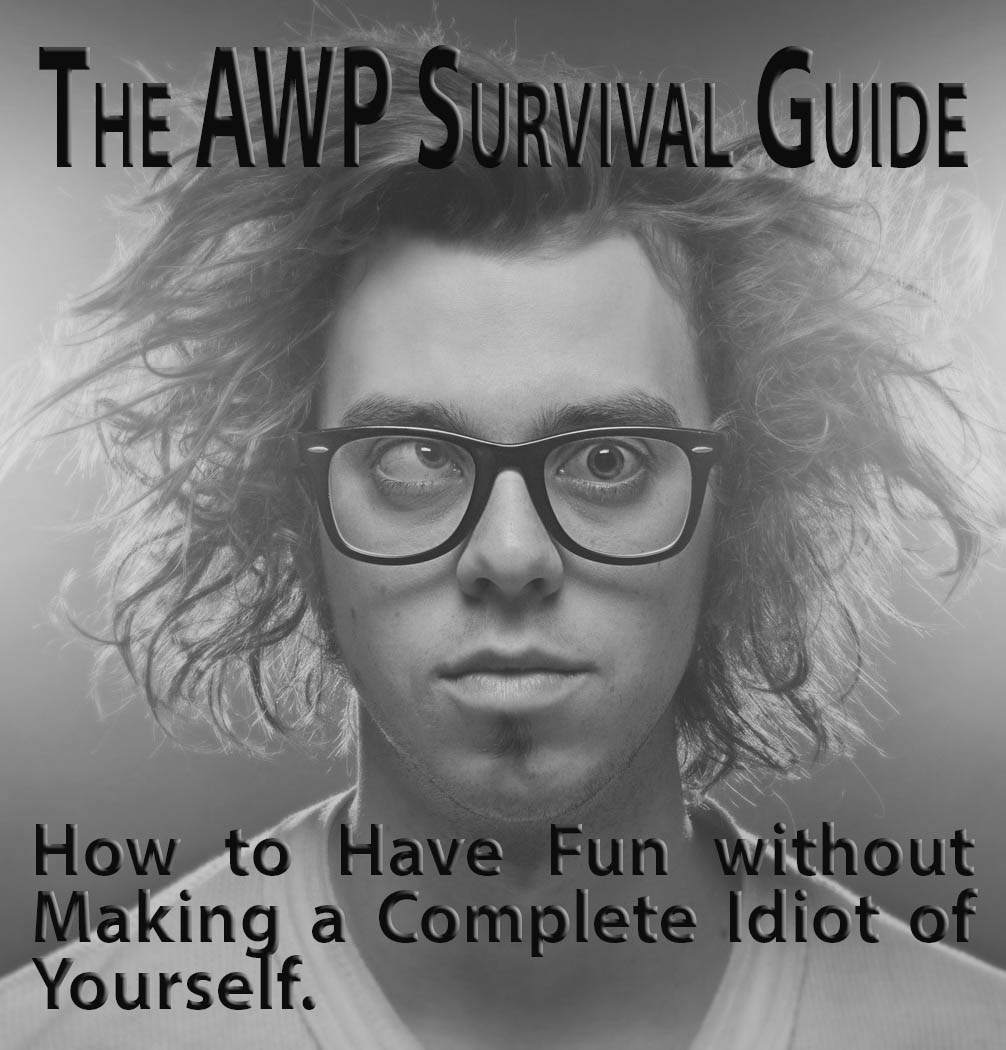
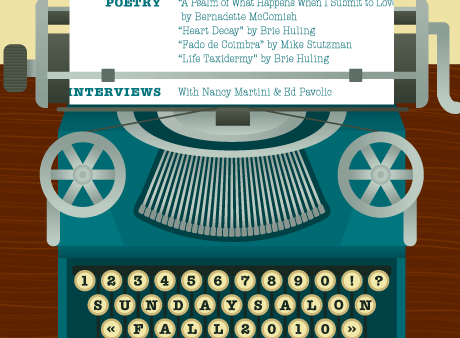

 Nita Noveno
Nita Noveno Sara Lippmann is a freelance writer and editor. Her fiction has appeared in or is forthcoming from
Sara Lippmann is a freelance writer and editor. Her fiction has appeared in or is forthcoming from




